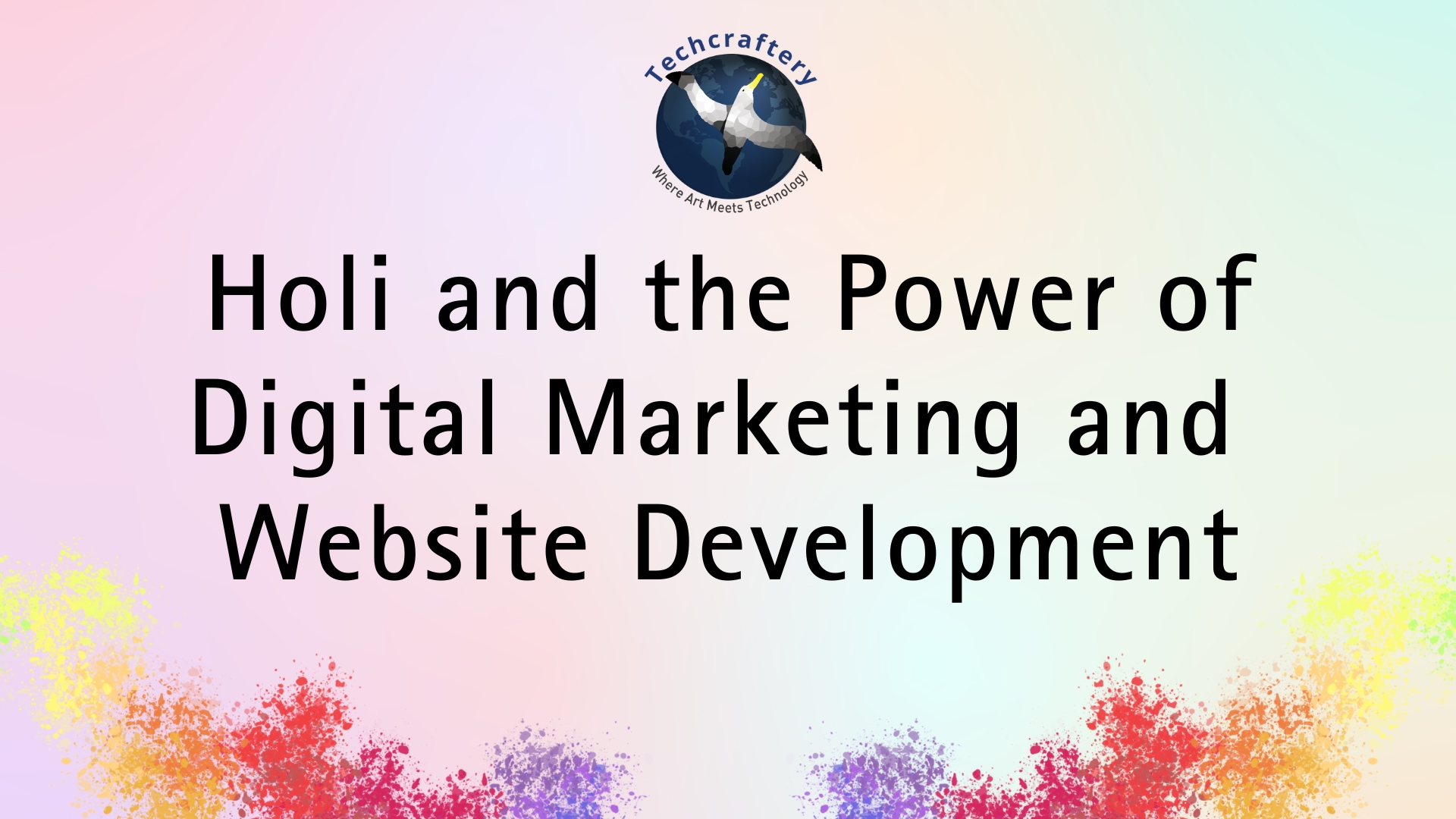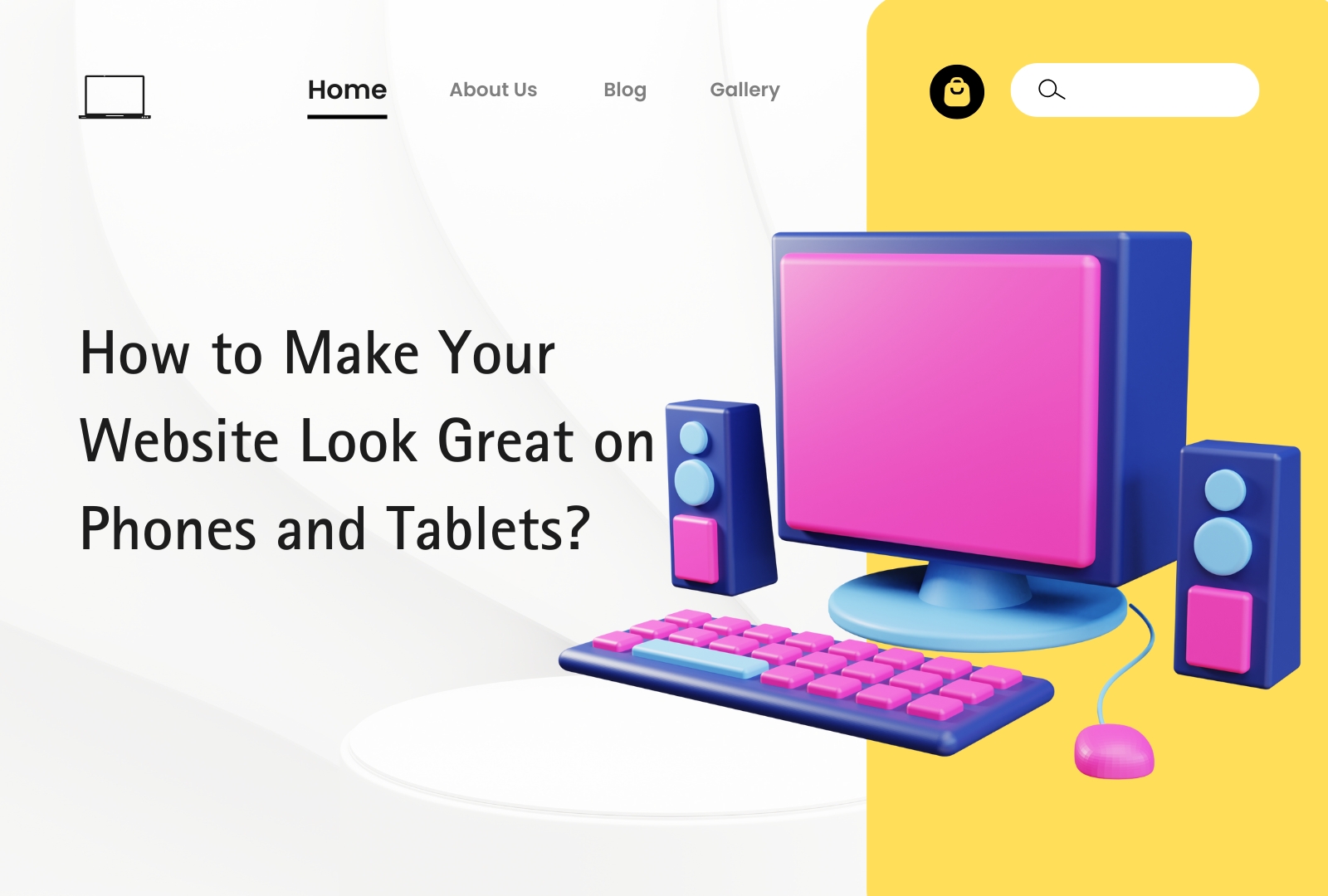In today’s competitive digital landscape, Pay-Per-Click (PPC) advertising has emerged as a powerful tool for businesses to drive traffic, generate leads, and increase sales. It’s an integral part of digital marketing strategies, and when executed effectively, PPC campaigns can provide a substantial Return on Investment (ROI). This blog post will explore the world of PPC advertising and how you can optimize your campaigns to maximize ROI.
Understanding PPC Advertising
PPC advertising is a paid digital marketing model where advertisers pay a fee each time their ad is clicked. It’s a way to buy visits to your website rather than earning them organically. PPC platforms like Google Ads and social media advertising on platforms such as Facebook and Instagram are some of the most popular avenues for running PPC campaigns.
Keywords: website designing, digital marketing, PPC advertising
The Importance of PPC Advertising
Why should you consider PPC advertising as a crucial component of your digital marketing strategy?
1. Instant Visibility: PPC ads provide immediate visibility to your target audience. As soon as your campaign is set up, your ads can appear in relevant search results or on social media platforms.
2. Precise Targeting: PPC advertising allows you to target specific keywords, demographics, locations, and even the devices used by your audience. This precision ensures that your ads reach the right people.
3. Measurable Results: Unlike some other forms of advertising, PPC campaigns are highly measurable. You can track clicks, conversions, and ROI, allowing you to make data-driven decisions.
4. Budget Control: You have full control over your advertising budget. You can set daily or monthly limits, ensuring that you never overspend.
5. Scalability: You can scale your PPC campaigns up or down based on their performance. If a campaign is delivering a high ROI, you can increase your budget to get even more out of it.
Keywords: website designing, digital marketing, PPC advertising
Maximizing ROI in PPC Advertising
To get the most out of your PPC campaigns, you need to focus on maximizing your ROI. Here are some strategies to help you achieve this:
1. Comprehensive Keyword Research
Effective keyword research is the foundation of successful PPC campaigns. Identify the right keywords for your business, focusing on relevance, search volume, and competitiveness. Tools like Google Keyword Planner can assist in this process.
Keywords: website designing, digital marketing, keyword research, PPC optimization
2. Ad Quality and Relevance
Craft compelling ad copies that are relevant to the keywords you’re targeting. The more relevant your ad is to a user’s search query, the more likely they are to click on it. High click-through rates (CTR) can positively impact your Quality Score, which, in turn, affects your ad rank and costs.
Keywords: website designing, digital marketing, ad relevance, PPC ad copy
3. Landing Page Optimization
Ensure that the landing page linked to your PPC ad is tailored to the user’s search intent. The landing page should provide a seamless and relevant experience, with a clear call to action (CTA). A well-optimized landing page can improve your Quality Score and conversions.
Keywords: website designing, digital marketing, landing page optimization, PPC landing pages
4. Bid Management
Effective bid management is crucial for ROI. Set competitive yet manageable bids to ensure your ads appear in prominent positions without overspending. Regularly review and adjust your bids based on performance data.
Keywords: website designing, digital marketing, bid management, PPC bidding strategies
5. Ad Extensions
Leverage ad extensions to enhance your ads with additional information. Extensions like site link, callout, and structured snippet extensions provide more details about your products or services, making your ad more informative and appealing.
Keywords: website designing, digital marketing, ad extensions, PPC ad enhancements
6. Negative Keywords
Implement negative keywords to filter out irrelevant traffic. By excluding irrelevant search queries, you can improve your CTR and reduce wasted ad spend.
Keywords: website designing, digital marketing, negative keywords, PPC optimization
7. A/B Testing
Regularly conduct A/B tests on ad copy, landing pages, and other elements of your campaigns. Testing allows you to identify what works best for your audience and continuously improve your ads’ performance.
Keywords: website designing, digital marketing, A/B testing, PPC optimization
8. Conversion Tracking
Accurate conversion tracking is essential to measure ROI. Set up conversion tracking in your PPC account to monitor the actions users take on your website after clicking on an ad. This data helps you understand which campaigns are driving valuable actions.
Keywords: website designing, digital marketing, conversion tracking, PPC ROI
9. Ongoing Optimization
PPC campaigns are not “set and forget.” Continuously monitor and optimize your campaigns. This involves adjusting keywords, ad copies, and bidding strategies based on real-time performance data.
Keywords: website designing, digital marketing, PPC optimization, continuous improvement
10. Data Analysis and Reporting
Regularly analyze your campaign data and generate comprehensive reports. Evaluate your ROI, identify areas for improvement, and make informed decisions to






1 Comment
Verifying your own account shows you’re committed to doing business the right way.